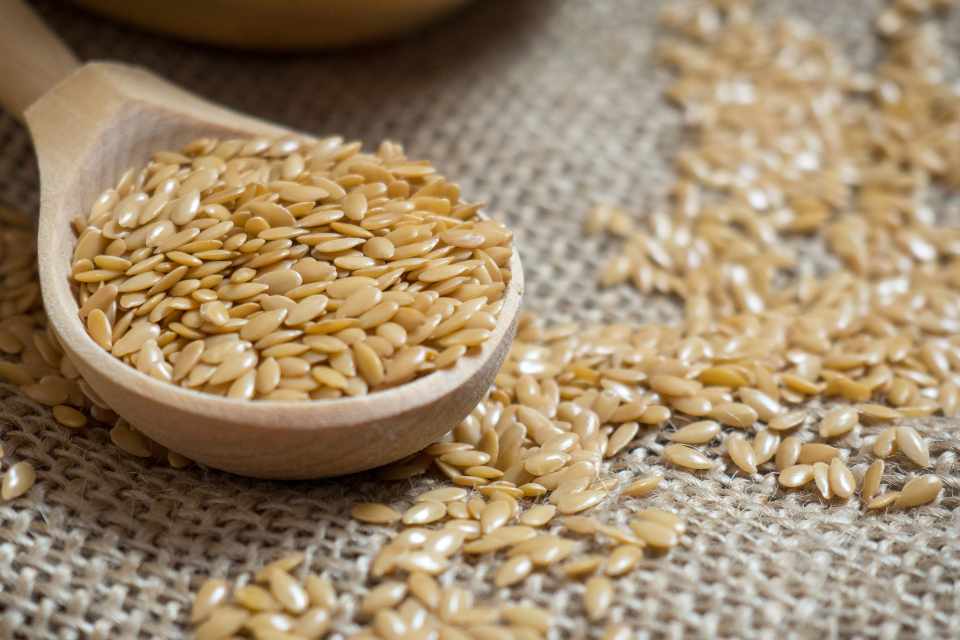People that know me well know that good food is essential to me. I even chose my daughters’ school based on the food they offered. It is the same with my patients. My patients know that I am very interested in what they are eating. I have a food first approach when it comes to achieving optimum health in my patients since proper nutrition is fundamental to feeling and functioning your best.
The importance of good food has as much relevance for unhealthy people as for those with good health, if not more. Right from the start of my practice I knew that if a chronically ill person was not eating well, they just couldn’t get better. Herbal medicine could only get my patients so far on their healing journey. Since no amount of supplementation is going to achieve optimum healing without also getting the foundations right.
When it comes to improving health we first need to consider the basics:
- eating healthy food
- fitting in some daily movement
- getting enough sleep
- maintaining healthy relationships
- learning how to manage stress
Though all these factors are relevant, I still choose a food first approach. In some ways, it is the easier lifestyle factor to change, since we make food choices daily. On the other hand, it can be challenging to change the habits and food preferences of a lifetime.
That is why one of the first questions I ask of my patients is about their readiness to change. If someone is not ready, then I know we can only get so far towards improving health.
If we think of the foods we eat as building blocks, then we are what we eat. The problem is that in the modern world, much of what people generally eat is processed and denatured. It is stripped of essential nutrients. Capable of adorning supermarket shelves for weeks or months, and from there our shelves at home, before being eaten. So, how can we expect to build a healthy body without supplying real nourishment?
So, working with my patients to find a food plan that suits their needs and lifestyle is a priority for me. Of course, I might suggest appropriate herbs too.
In many cases, I see medicinal herbs and plant-based foods on a spectrum. After all, in many cases, culinary herbs and spices have medicinal properties:
- the anti-inflammatories like ginger or turmeric
- the circulatory stimulants like rosemary and chilli pepper
- the sinus-clearing properties of horseradish
There are also plenty of examples of foods that have medicinal properties:
- the antibacterial properties of garlic or onions
- the liver-stimulating bitter foods like dandelion, artichoke or chicory, the immune-boosting medicinal mushrooms
- the soothing, demulcent properties of okra and aubergine
Not to mention the ‘superfoods’ like blueberries, broccoli, maca, spirulina, wheatgrass and so on, that are often attributed with medicinal properties.
We can go a long way with food as medicine. Getting the nutrition right, following a food first approach, helps to set the groundwork on which we can build a new lifestyle and work towards optimum health.








0 Comments